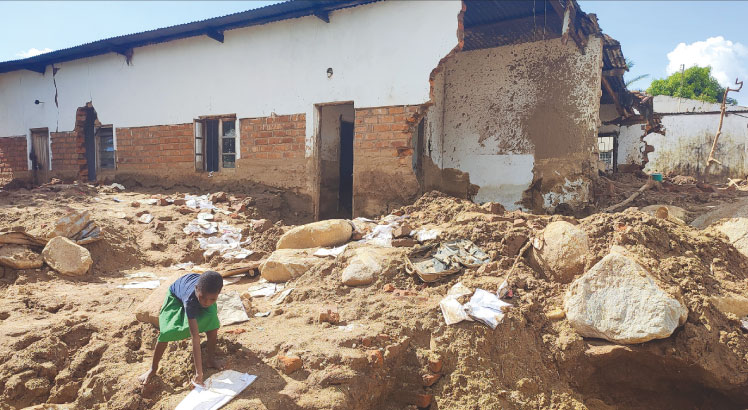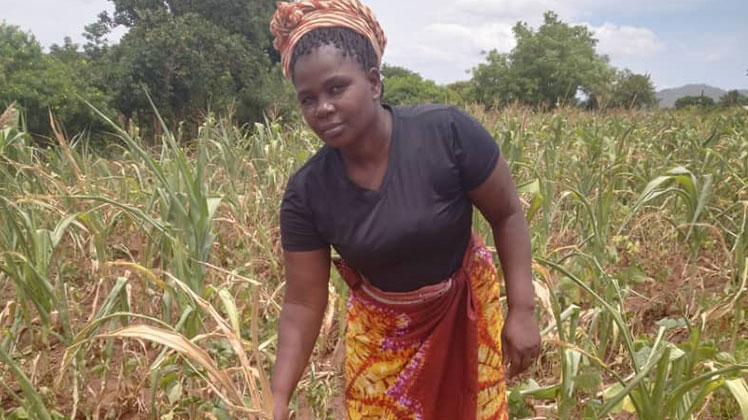Heatwaves raise calls for climate finance
Globally, July was the hottest month on record. Africa experienced its hottest night, with the temperature in Adrar, Algeria, not falling below 39.6C.
Intense heat boosts the demand for electricity for cooling.

If global warming is limited to 1.5 degrees Celsius above pre-industrial levels by 2100, then by 2050 the electricity needed for cooling is likely to be equivalent to the US’s, Europe’s and Japan’s combined generation capacity in 2016, notes a recent Oxford University study. But if the world warms by two degrees Celsius, the cooling needs will be far larger.
The increase will be most pronounced in Africa, the study found.
“Fewer than half of Africans have a reliable electricity supply, and extreme heat will only exacerbate this issue,” says lead author Dr Radhika Khosla.
“Communities that rely on off-grid energy sources will be particularly vulnerable in the face of rising energy demands.”
Extreme heat also impacts health, labour productivity and gender equality.
Adequate cooling is necessary for achieving all of the UN Sustainable Development Goals, Khosla notes,
Climate change has made Africa’s extreme weather more intense, frequent and longer-lasting.
In East Africa, extreme temperatures have increased along with dry conditions, says World Meteorological Organisation programme manager Dr Ernest Afiesimama.
In south-eastern Africa, the frequency and intensity of cyclones, storms, floods and drought have increased, severely impacting Malawi, Madagascar, Mozambique, Zimbabwe and South Africa.
Climate change wipes out five to 15 percent of Africa’s gross domestic product every year, according to the African Development Bank (AfDB).
“This is a cruel fate for a continent that contributes so little to global warming,” says Professor Patrick Verkooijen, CEO of the Global Center on Adaptation.
Africa’s greenhouse gas emissions accounted for four percent of the global total in 2021.
The AfDB estimates that African nations need $1.6 trillion between 2022 and 2030 to meet its nationally determined contributions to curbing climate change, made under the Paris Agreement.
As Africa’s economies grow, its energy needs, including for cooling, also grow. The continent urgently needs climate finance to accelerate transition towards renewable energy and adapt to climate change.
In 2009, developed countries pledged to provide developing countries with $100 billion a year in climate finance by 2020, but they only delivered $83.3 billion.
Most African countries are off-track to meet their Paris commitments to cut emissions largely because they hoped that development partners would help finance their ambitious pledges.
“The channelling of resources has proven so far inadequate in the face of the needs,” says Jean-Paul Adam, former director of technology, climate change and natural resources at the UN Economic Commission for Africa.
Another related issue concerns “loss and damage” funding which has a different meaning to climate finance in UN climate negotiations.
Adam says that those most responsible for climate change should bear the responsibility of financing loss and damage. How exactly the fund will operate is to be decided at CoP28 in Dubai.
“Resources need to be able to flow quickly and effectively to those on the frontlines of the climate crisis,” Adam says.
The Allied for Climate Transformation by 2025, which amplifies the voices of climate-vulnerable countries at UN climate negotiations, says failure to agree on the elements for operationalisation of the fund at CoP28 “is unacceptable and would be a disservice to all the countries who contribute little to global emissions but suffer from the greatest impacts of climate change.”





